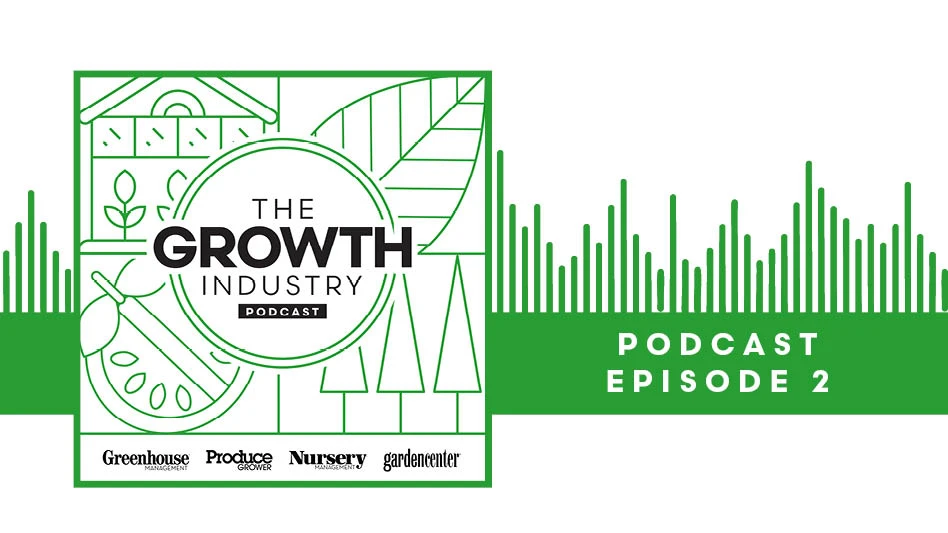
During a customer breakfast July 17 in Columbus, Ohio, Bayer CropScience senior regulatory affairs officer Dr. Frank Wong, spoke on the subject of pollinator policy.
Wong was awarded the Turf & Ornamental Communications Association’s 2017 Environmental Communicator of the Year Award in part because of his work educating the industry and the general public about pollinator health.
 “When pollinators start driving public policy, it changes the way you guys handle your day-to-day operations,” Wong said to the assembled group of growers. “You are in the public eye.”
“When pollinators start driving public policy, it changes the way you guys handle your day-to-day operations,” Wong said to the assembled group of growers. “You are in the public eye.”
Wong warned of the danger of letting public opinion, not science, affect legislative issues. Then, he provided three ways growers can act to protect pollinators (and their own reputations).
1) Pesticide stewardship
“It’s amazing the effect one dinotefuran spray in a Target parking lot had on public policy,” Wong said. The green industry needs to be careful, and it needs to be proactive. Growers should be aware that they have a target on their backs. Consumers are watching much more carefully now than before the Wilsonville, Ore. incident Wong referenced, in which 55 linden trees in bloom were sprayed with the neonicotinoid pesticide. The resulting bee kill was covered heavily in consumer and trade media, and the added scrutiny led several cities, state and retailers to pursue neonicotinoid bans.
“We do not need another black eye like that,” Wong said.
2) Educate
The horticulture industry brings many positive impacts to pollinators. From growing the plants they need, to creating a pollinator habitat, to providing food diversity for pollinators, the industry could easily be viewed as a friend, not a foe to bees, butterflies and other pollinators. Wong suggests growers and retailers make the effort to educate their customers about these impacts. This education could come from in-store demonstrations or point-of-purchase materials for retailers. Growers could add notes on tags or catalogs denoting plants that are favored by pollinators. Bayer’s own Bee Care program produces infographics, programs and other resources that can help.

Bayer Bee Care Center, Research Triangle Park, N.C.
3) Support industry organizations
There are several organizations devoted to science and research within the horticulture industry. Many endeavor to provide sound science upon which sensible pesticide use policy can be based. Wong suggests that growers support organizations like the IR-4 Project, which supplies pest management tools for ornamental growers and develops research data for EPA tolerances and labeled product uses, or the Horticultural Research Institute, whose “Grow Wise, Bee Smart” initiative led to a list of best practices for bee health in the horticulture industry.
Get curated news on YOUR industry.
Enter your email to receive our newsletters.
Latest from Greenhouse Management
- pH Helpers
- Society of American Florists accepting entries for 2025 Marketer of the Year Contest
- Sustainabloom launches Wholesale Nickel Program to support floriculture sustainability
- American Horticultural Society welcomes five new board members
- Color Orchids acquires Floricultura Pacific, becoming largest orchid supplier in U.S.
- American Floral Endowment establishes Demaree Family Floriculture Advancement Fund
- The Growth Industry Episode 3: Across the Pond with Neville Stein
- 2025 State of Annuals: Petal power






